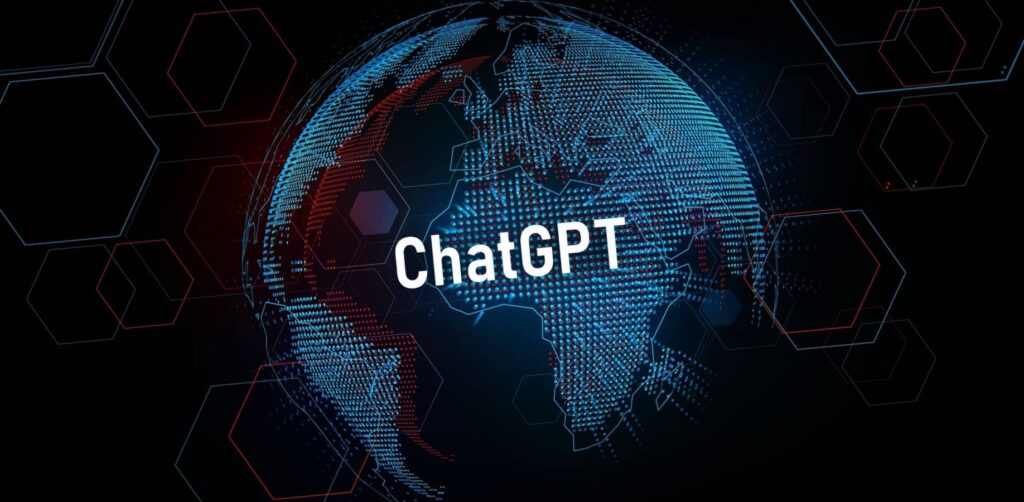Are ChatGPT’s Vulnerabilities Leaving Websites Exposed?
OpenAI’s ChatGPT, a pioneering technology in the realm of artificial intelligence, has made considerable strides, but it now finds itself under scrutiny due to a recently discovered vulnerability. Reports indicate that the ChatGPT crawler might be susceptible to exploitation, enabling malicious users to launch distributed denial of service (DDoS) attacks against various websites.
What’s the Issue?
In a detailed report shared through Microsoft’s GitHub, security researcher Benjamin Flesch from Germany outlines how a simple HTTP request to the ChatGPT API can potentially unleash a deluge of network requests against a chosen website. This breach could amplify an attacker’s single request into thousands of requests, attacking the victim’s site relentlessly.
Flesch emphasizes that the ChatGPT API, which unfortunate as it seems, suffers from poor quality control when it comes to handling HTTP POST requests directed at a specific endpoint. When the ChatGPT interface refers to a particular website, it utilizes this API endpoint to access web sources for generating its responses. Consequently, if an attacker expertly manipulates the URL input, they can drastically overrun the target website.
A Glimpse into the Attack Vector
Flesch explains, “By submitting a lengthy list of URLs—all directing towards the same site—through the API, the crawler will issue simultaneous requests to each one.” The flaw lies in the lack of checks within the underlying code. OpenAI’s design fails to prevent duplicate entries of URLs and does not enforce any limit on the number of URLs that can be sent in a single request. This misstep allows attackers to exploit the system easily.
How This Works in Practice
Utilizing basic tools like Curl, an attacker can initiate an HTTP POST request without needing any authentication token. OpenAI’s servers will quickly process this request, sending numerous web traffic requests towards the specified victim site, all the while masking the source of those requests behind Cloudflare’s diverse IP addresses.
As Flesch notes, “The victim will never know what hit them,” since they’ll observe simultaneous requests from several different IPs, complicating their ability to counteract the assault.
Invisible Threats
Preventative measures, like IP blocking, won’t shield a victim from this method of attack. Even if they succeed in blocking one series of requests, the ChatGPT crawler can barrage their server continuously with new requests. This capability allows attackers to create chaos using a surprisingly small initial effort.
Flesch has voiced his concerns and reported this issue through multiple channels—including OpenAI’s BugCrowd platform and HackerOne—but he’s yet to receive any acknowledgment from the company.
Beyond DDoS: The Bigger Picture
Interestingly, Flesch has pointed out an additional vulnerability related to “prompt injection.” He wonders why OpenAI’s API would allow for such basic vulnerabilities, particularly regarding a task as straightforward as processing URLs. He hypothesizes that it might be part of a larger experiment involving an autonomous ‘AI agent’ built by the company.
Why doesn’t the system incorporate straightforward methods to filter duplicate URLs or restrict the size of input lists? Such measures could significantly decrease the risk of resource exhaustion and ensure that the API operates efficiently without inadvertently overwhelming specific websites.
Proactive Measures for the Future
As this situation unfolds, it brings to light important questions regarding cybersecurity for AI technologies. With the rapid advancements in artificial intelligence, establishing strong security protocols should be a top priority. Flesch notes that well-established validation practices are essential to prevent this kind of abuse—practices that many seasoned developers have implemented for years.
In his view, “It seems implausible that a skilled engineer would design software with such glaring shortcomings.”
Conclusion: Awareness is Key
As we explore the ongoing evolution of AI technologies like ChatGPT, being cognizant of their vulnerabilities is crucial. This incident serves as a reminder for companies to prioritize cybersecurity in AI development to safeguard against exploitation and maintain trust.
The AI Buzz Hub team is excited to see where these breakthroughs take us. Want to stay in the loop on all things AI? Subscribe to our newsletter or share this article with your fellow enthusiasts.




